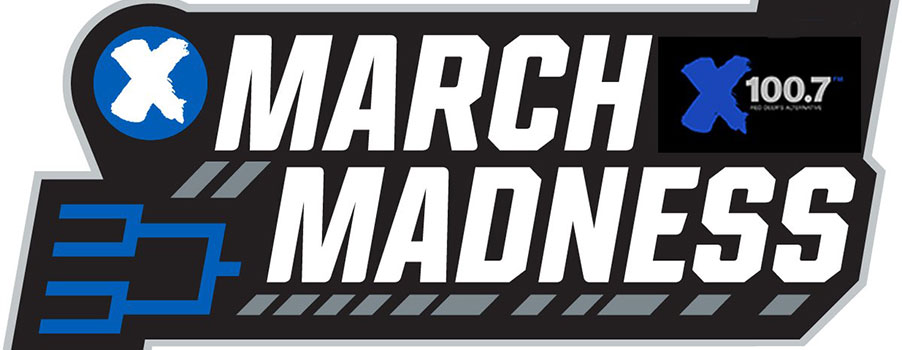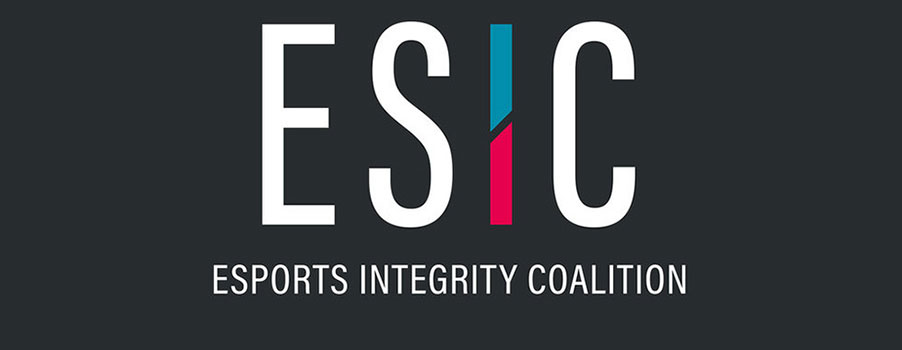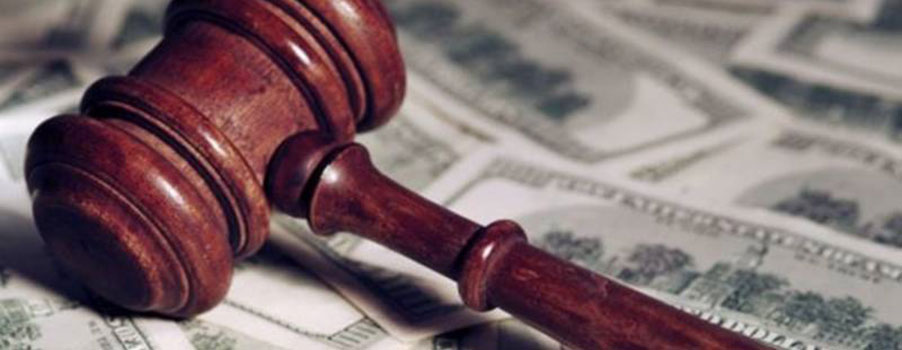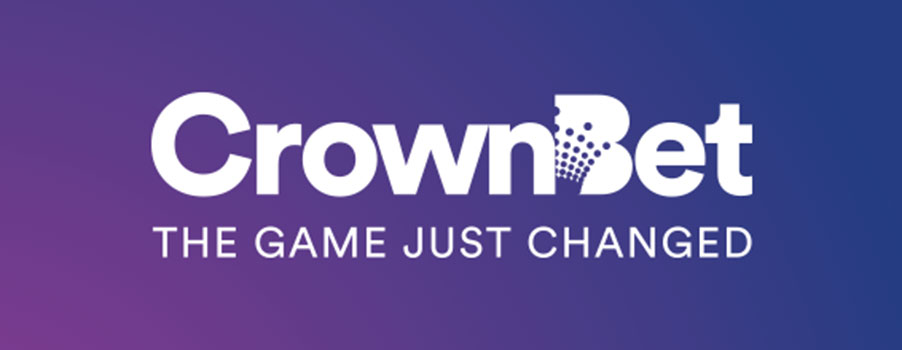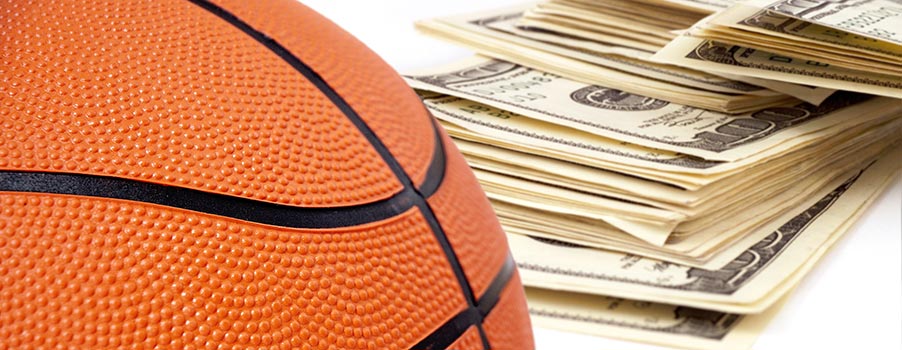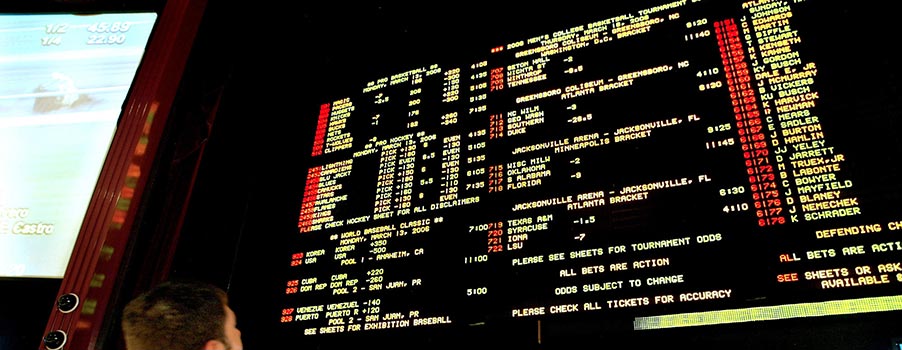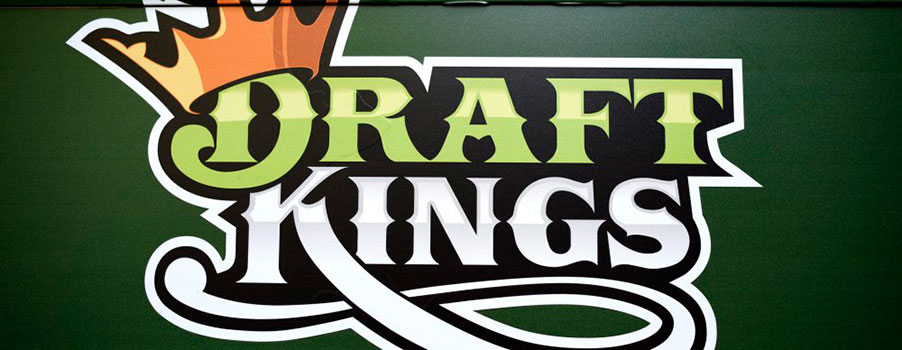The 2018 NCAA Men’s Basketball Tournament, commonly referred to as “March Madness”, kicked off last week with 68 teams going against each other in a single-elimination tournament that is stretched over three weeks and will culminate in the crowning of 2018’s NCAA champion. As usual, this means brackets, office pools and, of course, lots of betting – both legal and illegal. In fact, according to the American Gaming Association, $10 billion will be wagered during the three-week tournament with most of it being illegal since sports betting is not yet legal in most of the United States.
March Madness has also been one of the annual events that attract extra attention towards the need for the legalization of sports betting in the United States – the numbers are so good that states want a piece of the pool so that they can tax it. Experts consider illegal gambling to be untapped revenue that the states are missing out on.
Fortunately, this year the context of the efforts to legalize sports betting has shifted thanks to a petition filed by the state of New Jersey seeking for the legalization of nation-wide sports betting. The final ruling is to be delivered by the United States Supreme Court and this could be as soon as April.
Over a dozen states, West Virginia and New York included, have proposed laws to legalize sports betting and the only obstacle to the new development is the 1992 law that confines sports betting mostly to Nevada. Keeping this in mind, the American Gaming Association issued its annual estimate regarding March Madness betting where it arrived at the $10 billion estimate. Of this entire amount, only $300 million or thereabouts is expected to come from legal sports betting in Nevada sports books. Evidently, the U.S. Supreme Court’s ruling will play a pivotal role in creating a revolutionized gambling atmosphere for all the interested parties. Luckily for everyone, the wait is almost over.

